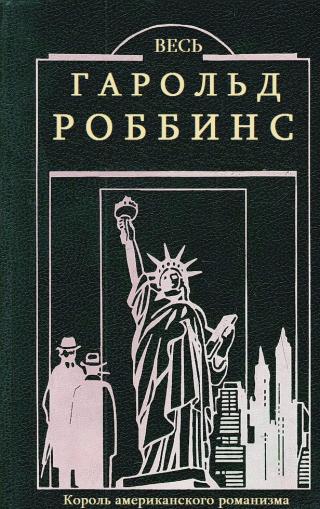It is always pleasant for me, due to some book, to look into the respectable living rooms of the middle of the last century and listen to the clever conversations about book publishing, and there is so much of it in the novel “Two-Thirds of the Ghost” by Helen McCloy.
New York, New York … Offices in Manhattan and country houses in Connecticut, fifties, mentions of a very recent war, publishing business …
The narrative unfolds in such a way that in each new scene a kind of new dimension arises, and everything turns out to be not at all what it seems. The important becomes insignificant, and something completely different comes to the fore. And thus, with a sinking heart – and with pleasure – we are waiting, where will the carefully verified idea of the author lead us?
If we understand by a detective the usual patterns of plotting such as Agatha Christie or the monotonous coordinated actions of the teams of brave cops in some TV series, then in this case the crime here is rather non-standard – it only adds a zest to the already tangled intrigue. Outwardly unremarkable conversations take on an ominous connotation if you are trying hard to guess who is the very villain who is hiding under the guise of decency, cold-bloodedly targeting the next victim.
It is hard to believe that the author is a woman, since the book is written in the traditional brisk, dryish American manner, when there is no excessive psychological and emotional depth, but at the same time there is a kind of cynical touch of knowledge of life and its economic component, and, I repeat, there are many interesting details of the literary life, which are familiar to the author “like the back of his hand.”
How to promote a book? (In the middle of the twentieth century, of course, it was only about print runs and about the classic three “writer – agent – publisher”). Can any book be promoted? What should a book have to become a bestseller? Does the text of the book reflect the personality and biography of the author?
The book returns to all these questions from different and, what is especially pleasant, paradoxical points of view.
Since there is no exact criterion, the publishing business smells of speculation. From the very beginning, the manuscript is judged subjectively depending on the tastes and whims of the publishers. The literary success can be predicted , but the commercial success can never be predicted at all . The highbrows at least have a literary fashion. The public doesn’t have that either.
The novel cannot be considered purely American, it reads well, as they say, “on both sides of the Atlantic” and contains references, for example, to the song about Roland, Lord Byron and to the writer’s fate of Proust and Stevenson.
By the way, one character in this novel is compared to Kaspar Hauser (the Nuremberg child). Indeed, in the middle of the twentieth century, mankind still remembered Kaspar Hauser, this was an important metaphor for him. Now there is such a surplus of information in the world that against this background the history and image of Kaspar Hauser have long lost their special expressiveness.
Ellen McCloy crowns her novel, like an icing on a cake,with a detective solution, hidden not somewhere, but … in a literary quote from an English classic, known not to uneducated young generation, but only to educated people of that time. And the motive for the crime arises due not to anything, but to the peculiarities of the literary process – oh, this is an extremely sophisticated literary plan of the author, in my opinion!
And although one of the characters is grumbling about writing detective stories:
“Anyone can write a detective story. It’s the same job as a locksmith or a carpenter. I’ve always believed that detective authors should be paid a salary, not a fee.”
nevertheless, I will note that “We do need such detectives” 🙂 (It’s paraphrase of Russian catch phrase arised from hockey commentator Nicolay Ozerov’s “We don’t need such kind of hockey!” in 1972.)



